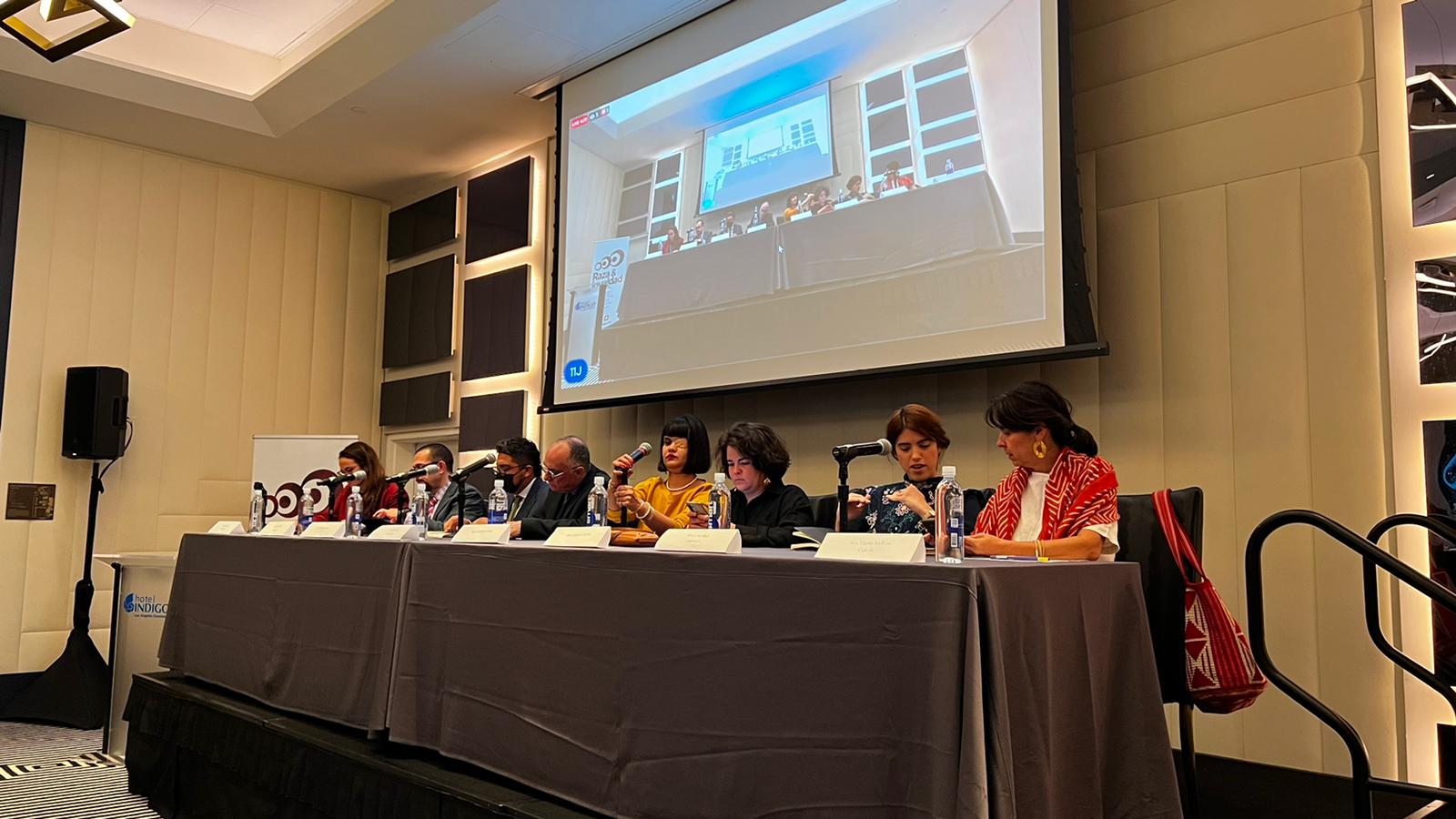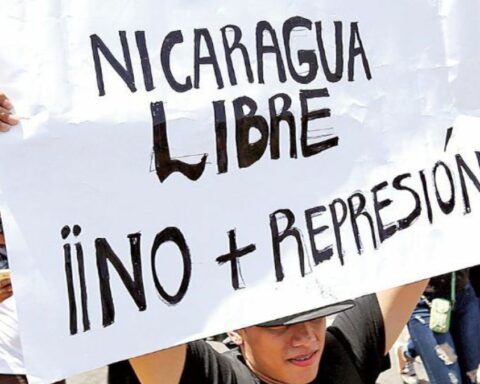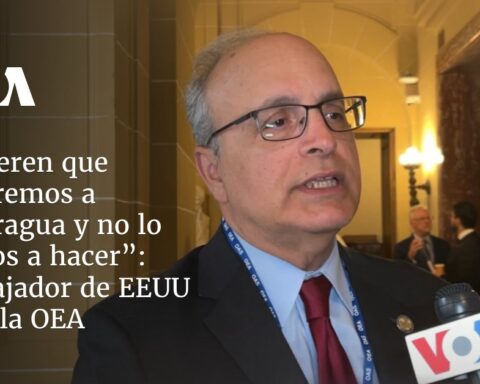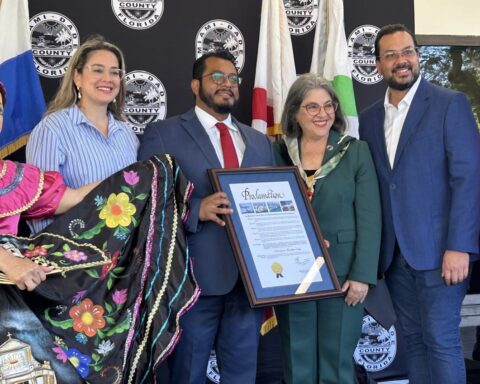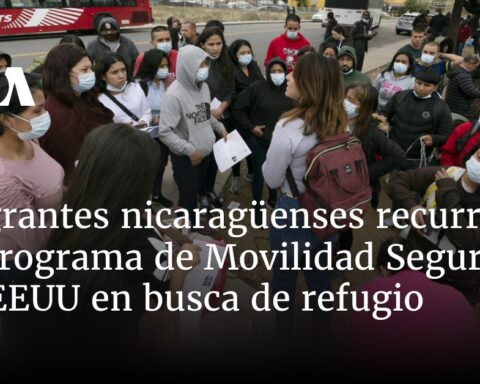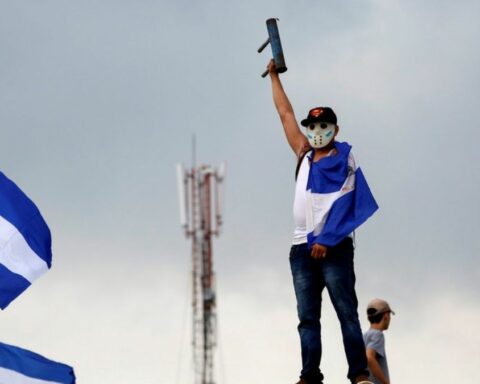In Latin America there is an “increase in authoritarianism” and an “attempt to justify state violence by describing peaceful demonstrations as violent,” warns Ecuadorian jurist Juan Pablo Albán, a member of the United Nations Committee against Enforced Disappearances, who participated this Tuesday in a panel that analyzed the background of the increase in state violence in Cuba, Nicaragua and Venezuela.
“These violent responses against citizen demonstrations expose the weak institutions in several countries, because there is no independence of powers and we see how justice is used to punish those who take to the streets,” he explained.
During the forum “Peaceful demonstrations in Latin America: Reflections on Cuba one year after 11J”, Albán lamented that the number of disappearances during the protests has also “increased.” The panel was organized by Race and Equality and the Center for the Opening and Development of Latin America (CADAL) within the framework of the IX Summit of the Americas, which takes place in Los Angeles.
“The concept of forced disappearances has changed because now there are shorter-term disappearances, ranging from a few hours to a few months, with the purpose of extracting information, subjecting them to cruel and inhuman treatment and above all without any type of official control” , he detailed.
“The deprivation of liberty, the direct and indirect involvement of state agents, and the refusal to reveal the fate and whereabouts of the disappeared person are key elements in an enforced disappearance”: @JuanPablo_AlbanMember of the Committee against the Forced Disappearance of @A. pic.twitter.com/Zll8ztw3vt
— Race and Equality (@raceandequality) June 8, 2022
Albán recalled that in the case of Nicaragua it is not a signatory to the International Convention for the Protection of All Persons against Enforced Disappearances, like El Salvador, which is “striking” because in Central America “there has been a long tradition of disappearances forced”.
However, he stressed that the United Nations Working Group on Enforced or Involuntary Disappearances has monitored the existing complaints in Nicaragua as a result of the 2018 protests.
Cuba Repeats Repression Experienced in Nicaragua
For the Cuban activist and human rights defender, Salomé García, after the protests of July 11, 2021 on the island, a series of repressive laws have been approved “repeated to those approved in other countries such as Nicaragua.”
“The first thing that President Miguel Díaz-Canel did was to send the repressive forces to the streets, police dressed in civilian clothes with the order to repress with everything and cutting off the internet to prevent it from being denounced and the protests from being reorganized all over the world. the country,” he said.
García indicated that, to date, the Cuban authorities have not given figures on the number of people arrested for participating in the protests, but the organizations Justice OCJ and Cubalex have registered a total of 1,477 people detained and of these 728 are still deprived of freedom.
“Although there are a large number of videos and complaints that showed how the Police and special troops entered the neighborhoods armed (…) it is not known that any officer has been sanctioned for these repressive actions,” he denounced.
The former Cuban politician and lawyer, Roberto Quiñónez, assured that “the spontaneous and peaceful demonstrations that occurred on July 11 were an unprecedented historical event in the history of Cuba.”
However, he regretted that anyone who is considered a dissident of the Cuban regime has been imprisoned. “Why is young Luis Robles imprisoned, who went out with a poster to Havana to protest?” He questioned.

